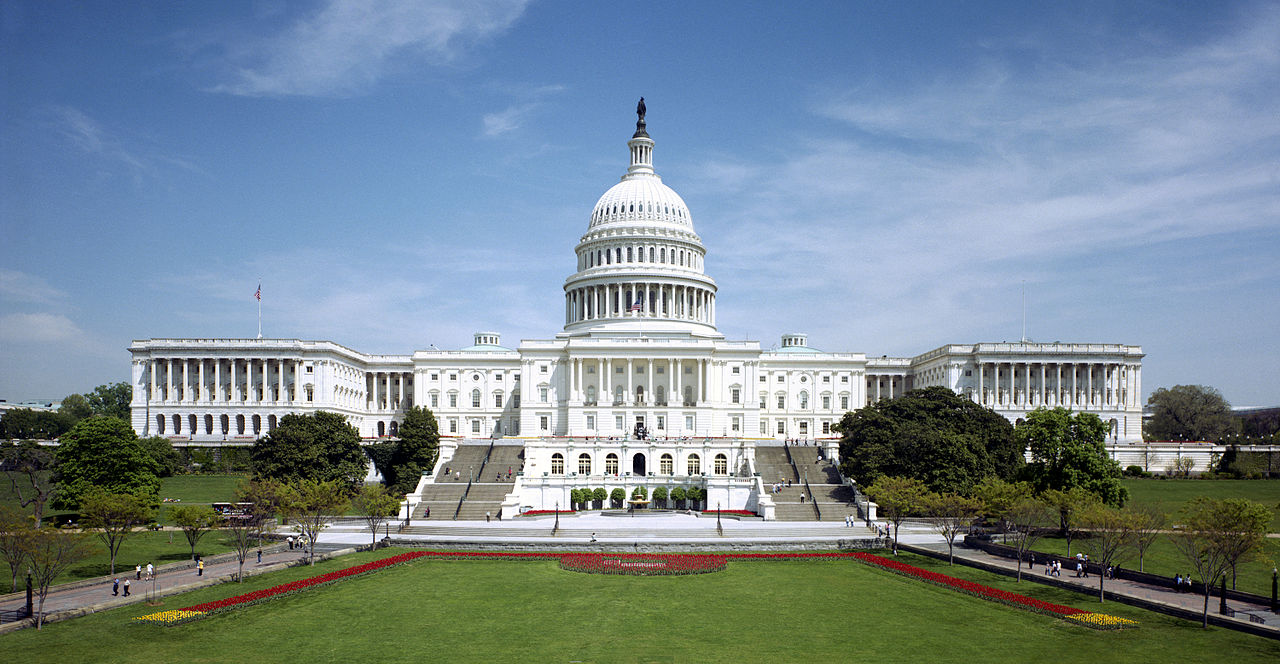Silicon Valley And Wall Street Battle Over Labor Department Fiduciary Rule

Scott Puritz briefs U.S. Congressmen and Senate Finance Committee regarding the Labor Department’s proposed fiduciary rule. In addition, in a recent speech Labor Department Secretary Thomas Perez praises Rebalance for being pro-consumer.
A White House effort to require more retirement advisers to serve in their clients’ best financial interests is stoking a battle between Silicon Valley and Wall Street.
Technology firms disrupting the traditional retail brokerage model with cheaper, software-driven services are on Capitol Hill this week speaking out in favor of the Labor Department’s proposed fiduciary rule. The plan, unveiled in April, takes aim at the conflict that arises when workers get advice from brokers who are paid to suggest certain investments over others.
On Wednesday, House Republicans advanced a Labor Department budget that would kill the fiduciary proposal. Brokerage companies, who are worried the rule will increase costs and the threat of lawsuits, are separately lobbying for a bill to halt progress toward finalizing it. Brokers currently only have to ensure financial products are suitable for their clients, and don’t have to disclose conflicts of interest they might have stemming from sales commissions for various retirement products.
“This isn’t about being for or against a best-interest standard,” said Kenneth Bensten, CEO of the Securities Industry and Financial Markets Association, which represents securities dealers and asset managers.
The Labor Department’s proposal “will unnecessarily harm investors by limiting choice and financial guidance, while increasing the cost of saving for retirement,” he said.
Both sides are trying to influence the outcome of a process that could accelerate a shift away from old-school brokers toward investment advisers, many of them offering online products, who already adhere to a fiduciary rule.
The Labor Department is taking public comment through July 21, and will hold hearings in August before making the rule final.
“Instead of fighting against appropriate regulation, it’s time for the late adopters to come along,” said Chistopher Jones, chief investment officer at Financial Engines Inc. of Sunnyvale, Calif., which offers investment advice and portfolio management to people in employee-sponsored defined-contribution plans like 401ks.
Companies like Financial Engines, which is publicly traded, make automated investment software that tend to offer lower fees than traditional brokerage firms. These companies are increasingly popular with younger, tech-savvy investors who are confident in managing their own money and extremely averse to fees, Goldman Sachs analysts said in a June 5 research report.
The proposed rule may be an opportunity for these companies — which already adhere to a fiduciary standard — to grab revenue from retail brokerages that are scrambling to build their own “robo-adviser” services. And Labor Department Secretary Thomas Perez seems glad to have them on his side as he defends the rule.
In a speech on Tuesday, Perez praised companies including Financial Engines, which was co-founded in 1996 by former SEC Commissioner Joseph Grundfest and operates as an investment adviser, not a broker. Last week, Perez tweeted a picture of himself with the CEO of Wealthfront, a Palo Alto-based robo-adviser.
“Companies like Financial Engines, Wealthfront, Personal Capital and Rebalance — they all provide personalized advice, while embracing and adhering to a fiduciary model,” says Labor Department Secretary Thomas Perez.
As some of these tech companies work Capitol Hill in the weeks ahead urging lawmakers to support the rule, they are not afraid to throw punches.
“What you see is most of the major financial institutions working through SIFMA to oppose the rule,” said Bill Harris, CEO of Personal Capital, a registered investment adviser.
“SIFMA is of course a mouthpiece for the broader industry,” said Harris, a consistent donor to Democratic campaigns. “They are for the most part trying to water down or delay it.”
Talk on the Hill about the fiduciary rule is heating up. Some briefings with House staffers took place last week. On Wednesday, Senate Finance Committee staffers met with the AARP, AFL-CIO and Scott Puritz, managing director of Palo Alto-based Rebalance-IRA.
On Thursday, Finance Committee staffers will meet with Fidelity and others leery of the fiduciary rule, a Senate aide said.
That’s not the end of it. Officials from Financial Engines will be back in Washington in early July to meet with the Labor Department and lawmakers again.
The automated investors are “a new wave” disrupting the brokerage industry, the Goldman Sachs analysts said. “They provide customized asset allocation for individuals that was historically unavailable for the lower part of the market. We estimate the opportunity pool from this market is approaching $2 trillion.”
As for the fallout from the fiduciary proposal. “Overall, we consider that the proposal is a workable document for the industry,” the report said.





